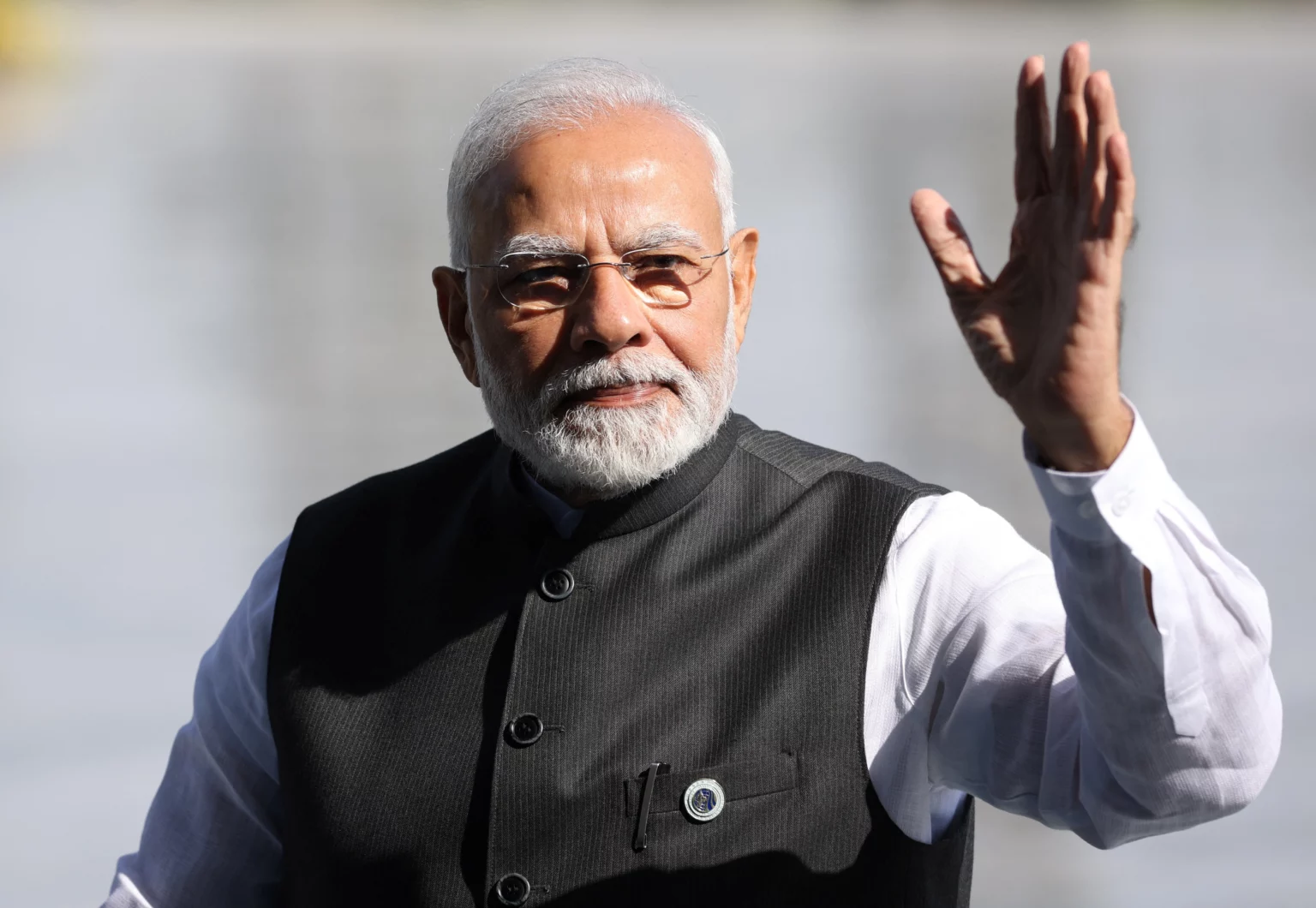As the US and its supporters worry over Canada’s allegation that India staged the killing of a Sikh separatist leader, Hardeep Singh Nijjar, the scandal is delivering a political boost to Indian Prime Minister Narendra Modi.
India has moved on the offensive since Canadian Prime Minister Justin Trudeau blamed Modi’s government for staging the murder of Hardeep Singh Nijjar, a priest who supported a separate Sikh homeland in India, and whom India branded a ‘terrorist’ in 2020.
While Indian Foreign Minister Subrahmanyam Jaishankar this week said India was available to look at specific evidence, he accused Canada of not taking action against extremists.
Within India, that view has made Modi a clear victor. Influential nationalist television hosts are striking Canada and showing their patriotism on nightly news programs.
The rival association, plagued by its past, has effectively defended Modi, noticing little to gain in denouncing him. And the focus on terrorism is possible to stir up the base in his Bharatiya Janata Party.
Ayesha Ray, who teaches political science at King’s College in Pennsylvania, and is a frequent commentator on Indian politics said, “For India’s Hindu nationalists who seek a more muscular approach in foreign policy, this incident is likely to galvanize greater support for PM Modi as being tough on terrorism.”
Modi stays overwhelmingly famous in India, and despite current high inflation and ongoing unemployment, he is hoping to expand his decade in power in elections planned for the first half of 2024. India’s leading opposition party, the Indian National Congress, has avoided using the Canadian allegations to attack Modi.
Instead, it has supported the government, maybe chastened by lessons from the previous election in 2019. In the months before that vote, Indian troopers were killed in a suicide bombing in the disputed northern region of Kashmir. Modi sent jets across the border into neighboring Pakistan to strike alleged terror training structures.
That action whipped up patriotic rage, and the Congress party came under criticism after it asked for official claims that Indian bombs struck those terror camps inside Pakistan. Modi swept the general elections a few months later, swinging on a tide of nationalist euphoria.
Jairam Ramesh, a senior Congress leader and spokesperson, said to reporters last week, “Our fight against terrorism has to be uncompromising, particularly when terrorism endangers India’s sovereignty, unity and integrity.”
The Congress party has another cause to remain quiet: its uneasy history with the Sikh separatist movement.
When Sikh bodyguards shot, in the early 1980s, then-Prime Minister, Indira Gandhi, who was also leader of the Congress Party.




